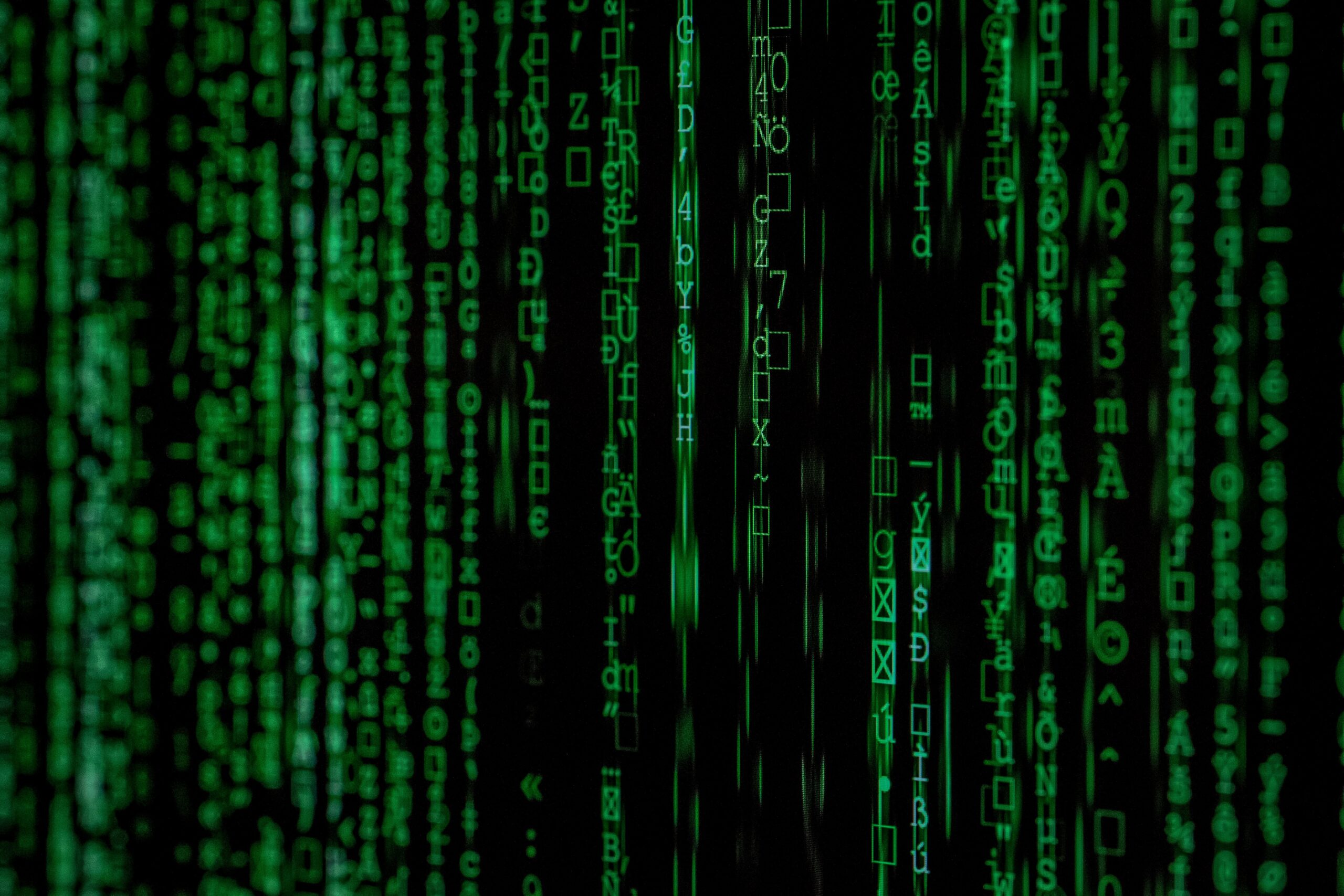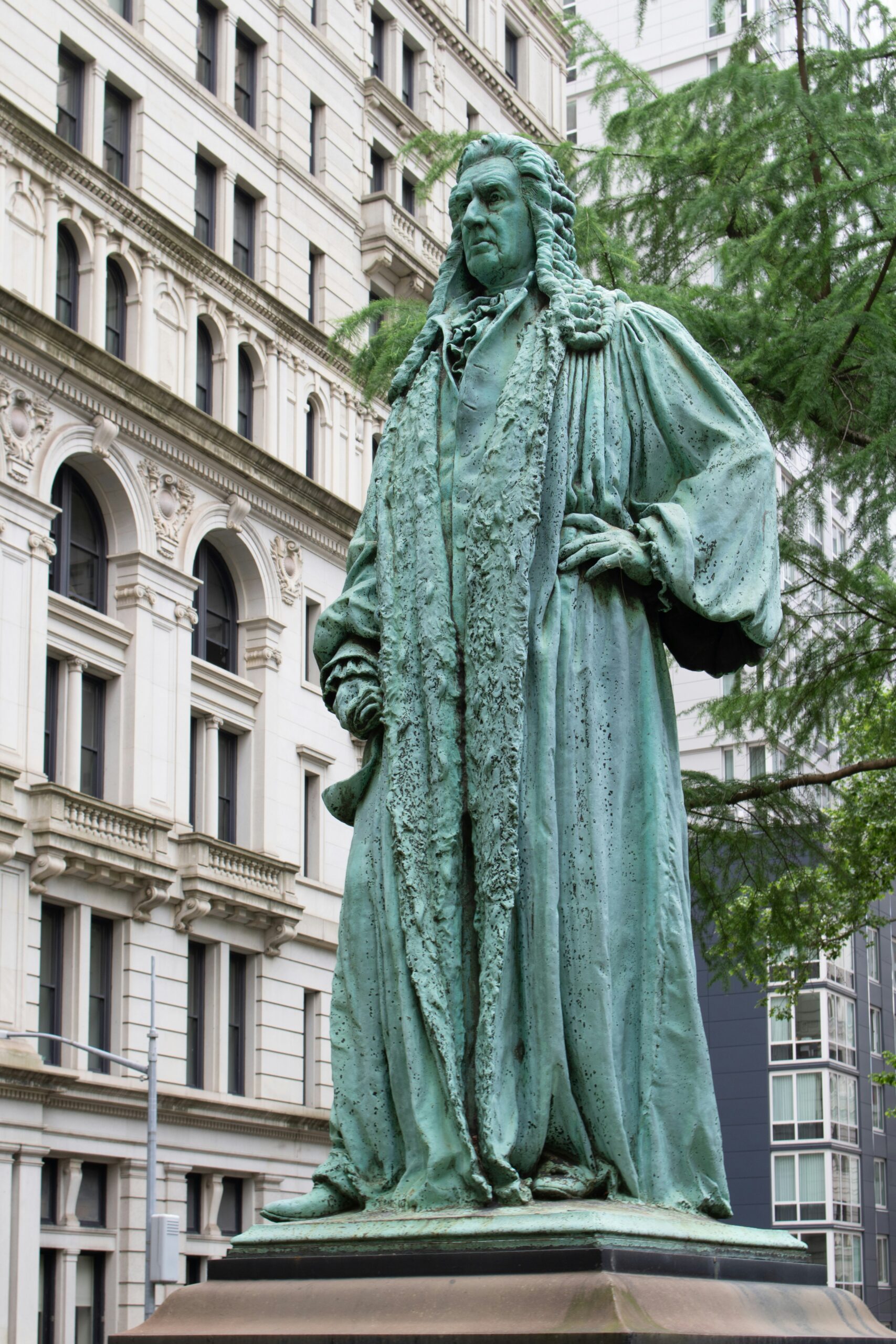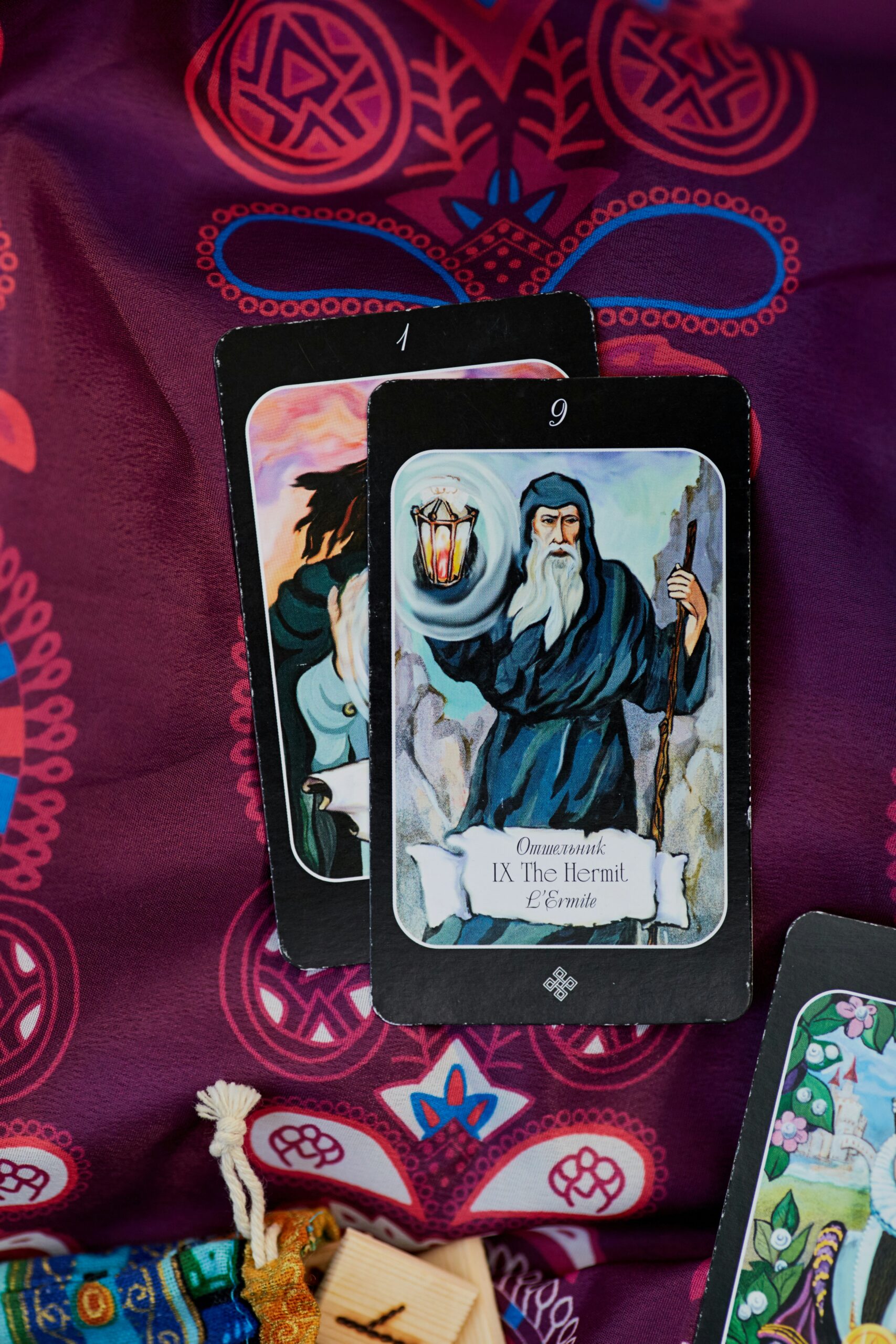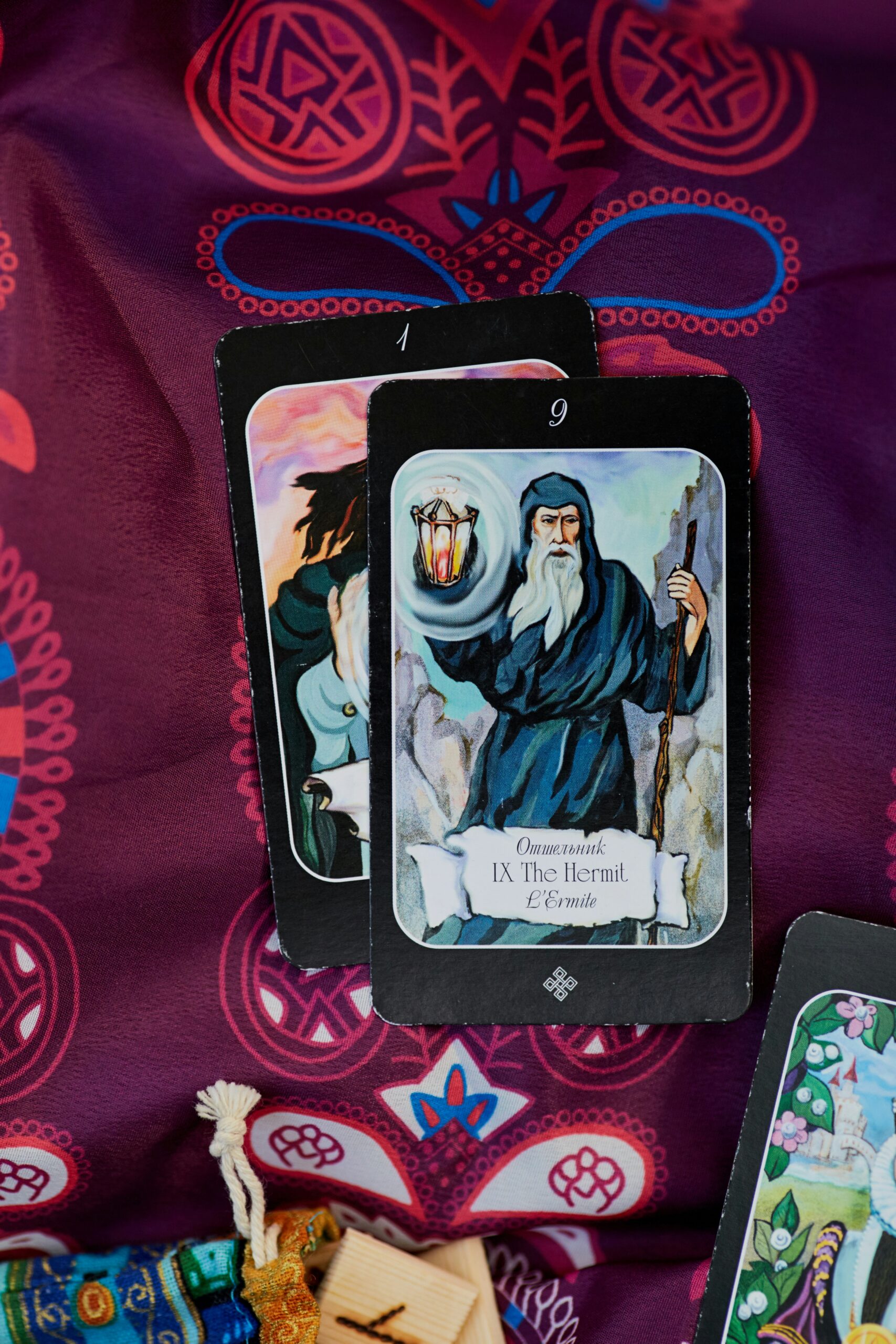
Photo by <a href="https://unsplash.com/@markusspiske" rel="nofollow">Markus Spiske</a> on <a href="https://unsplash.com/?utm_source=hostinger&utm_medium=referral" rel="nofollow">Unsplash</a>
Introduction to Digital Stardom
Digital stardom has emerged as a significant phenomenon in the contemporary social media landscape, representing a shift in how individuals gain influence and recognition. At its core, the term “influencer” refers to individuals who have amassed a following on various online platforms, leveraging their reach to shape opinions, trends, and consumer behaviors. The rapid growth of the internet and the rise of social media channels have facilitated this transformation, allowing anyone with a smartphone and an engaging personality to attain a degree of fame that was previously reserved for traditional celebrities.
In the last decade, the cultural landscape has witnessed a fundamental change as individuals began to emerge from the confines of traditional media into the dynamic world of digital influence. Influencers can be found across numerous platforms, from Instagram to TikTok, each offering unique possibilities for creative expression. This evolution has democratized fame, allowing diverse voices from all walks of life to gain visibility and connect with audiences on a global scale. Influencer culture has since become a key element of modern marketing strategies, with brands increasingly recognizing the potential of collaborations with these digital personalities to reach targeted demographics.
The appeal of influencers lies in their authenticity and relatability. Unlike traditional celebrities, influencers often cultivate a more personal connection with their followers, sharing insights into their lives, values, and passions. This perceived genuineness creates a powerful bond, positioning influencers as trusted sources of information and recommendations. As social media continues to evolve, the landscape of digital stardom will undoubtedly adapt, making it crucial to understand the trends shaping this space and the implications of influencer culture on society and consumer behavior.
The Allure of Influencer Fame
The phenomenon of influencer fame has taken the digital world by storm, captivating individuals across various demographics who aspire to achieve similar recognition. One of the primary motivations is the glamorous lifestyle often portrayed on social media platforms. Influencers share curated images of luxurious travel, designer fashion, and experiences that many only dream of. This carefully constructed persona creates an illusion of a perfect life, enticing viewers to gravitate towards these figures as aspirational role models.
Furthermore, the financial prospects of influencer careers present an attractive proposition. Influencers can earn significant income through brand partnerships, sponsored posts, and affiliate marketing. According to recent studies, top influencers can earn anywhere from a few thousand to even millions of dollars annually, depending on their follower count and engagement levels. This financial incentive is a compelling driving force for many individuals; the idea of turning personal passions into profit is indeed appealing.
Social validation also plays a considerable role in this allure. As individuals amass followers, they gain a sense of community and belonging. Each ‘like,’ comment, and share acts as a form of approval from the online audience, fostering a desire for continued engagement. The dopamine rush associated with positive feedback can be addictive, motivating many to pursue influencer status relentlessly. In some cases, this drive can lead to the development of online personas that may diverge from their authentic selves, further exemplifying the powerful effects of social validation.
While the journey to influencer fame is certainly appealing, it is essential to recognize that it comes with its own set of challenges and pressures. Nonetheless, the combined allure of glamour, financial gain, and social validation continues to attract aspiring influencers to this evolving field, shaping the landscape of digital stardom.
The Dark Side of Influencer Culture
The allure of influencer culture is undeniable, offering a glimpse into a seemingly glamorous lifestyle filled with luxury, adventure, and endless opportunities. However, beneath the surface of digital stardom lies a more disturbing reality, marked by significant mental health challenges, relentless pressure, and the potential for burnout. Many influencers struggle with the demands of maintaining an online persona, which can lead to feelings of inadequacy and anxiety, ultimately affecting their overall well-being.
One of the most pressing issues in this realm is the toll that constant scrutiny takes on mental health. Influencers are often judged based on curated images and posts, which can create an unrealistic standard of success and personal happiness. The pressure to present a perfect life can foster a damaging cycle of comparison and self-doubt, where even seemingly successful figures feel they constantly need to outdo themselves or others. This has been linked to higher instances of anxiety disorders, depression, and other psychological challenges among digital content creators.
Moreover, burnout is an all-too-common experience in the influencer community. The need to produce regular content can be overwhelming, leading to exhaustion and a lack of creative energy. Many influencers have shared stories of struggling to keep up appearances while managing their mental health. For instance, some prominent figures have taken breaks from social media, acknowledging that their careers depended on being constantly “on” but that the experience was unsustainable. They emphasize the importance of prioritizing mental health over online engagement, a message that has resonated with both their followers and fellow influencers.
In exploring the dark side of influencer culture, it becomes essential to recognize the challenges that accompany the bright lights of digital fame. These stories serve as reminders that behind the polished images and extravagant lifestyles are real individuals grappling with intense pressures that can impact their mental health and overall happiness.
Trending: The Wildest Influencer Behaviors
In the rapidly evolving landscape of social media, influencers often push the boundaries of acceptable behavior to maintain relevance and visibility. This phenomenon has given rise to a series of extreme stunts and controversial statements that not only captivate audiences but also spark significant debates regarding ethics and responsibility. From daring physical challenges to provocative remarks that ignite outrage, the actions of influencers are heavily scrutinized yet immensely popular. This trend raises critical questions about the motivations behind these behaviors and their broader implications.
The drive for clout—a term that encapsulates social currency and popularity—plays a pivotal role in why influencers resort to such outlandish actions. In an environment where likes, shares, and comments function as metrics of success, the pressure to stand out can lead individuals to prioritize shock value over substance. For instance, some influencers have been known to partake in life-threatening stunts to gain viral traction. These high-risk endeavors not only attract attention but also raise safety concerns and ethical dilemmas about the responsibilities of public figures. The constant pursuit of new and thrilling content can create a feedback loop where more extreme actions are necessary to achieve the same level of engagement.
The impact of these wild behaviors extends beyond the individual influencers; they can influence societal norms and expectations regarding acceptable conduct in the digital realm. As audiences consume and engage with sensationalized content, they may inadvertently reinforce the notion that outrageous behavior is a valid strategy for achieving fame. This cycle reflects a deeper psychological need for validation and acknowledgment, prompting individuals to seek attention in increasingly drastic ways. Ultimately, the wild antics of influencers serve as a mirror to society’s obsession with fame, revealing both the allure and the potential pitfalls of digital stardom.
The Rise of Controversial Influencers
In the dynamic landscape of social media, a unique breed of influencers has emerged, capitalizing on controversy to cultivate their online presence and expand their follower base. These individuals often engage in provocative behavior, making bold statements or participating in scandals that ignite public interest and dialogue. While traditional influencers may rely on lifestyle content, reviews, and endorsements, controversial influencers thrive in an environment where conflict and sensationalism dominate the narrative, often leading to swift increases in engagement and visibility.
A prime example of this phenomenon is the case of Jake Paul, whose antics ranging from raucous stunts to public disputes have consistently drawn ire and admiration alike. His ability to attract media attention often translates to exponential follower growth, illustrating how volatility can serve as a strategic tool in the influencer arena. Similarly, figures like Logan Paul have leveraged controversial moments—such as the infamous forest incident in Japan—to catapult themselves into the spotlight, sparking heated discussions around ethics, accountability, and the responsibilities of influencers.
However, the reliance on controversy raises significant ethical questions. Critics argue that such tactics can lead to a culture of insensitivity, where influencers prioritize shock value over integrity and responsibility. The consequences are not merely fleeting; they can result in long-term damage to both personal brands and wider implications for the social media community as a whole. While some viewers may be drawn to this provocative content, others voice concerns regarding the normalized sensationalism and the potentially harmful messages conveyed.
The rise of controversial influencers highlights a paradox in digital stardom: while scandal can lead to rapid fame, it may also culminate in substantial repercussions, both legally and socially. As the conversation surrounding the ethics of this approach continues, it remains paramount for followers and creators alike to assess the real implications of embracing controversy in the pursuit of digital stardom.
Influencer Accountability and Responsibility
In the rapidly evolving landscape of digital stardom, influencers hold a unique position of power and responsibility. As figures who can significantly sway public opinion and consumer behavior, their actions directly impact their audience’s trust and purchasing decisions. Authenticity and credibility are paramount for influencers; these qualities not only enhance their reputation but also foster a loyal and engaged following. The disparity between perceived and actual accountability has increasingly come under scrutiny, prompting discussions about ethical marketing and the necessity for accountability in influencer practices.
Case studies of influencers who faced severe backlash highlight the consequences of neglecting this accountability. For instance, instances where influencers promoted products without adequate disclosure or endorsements of harmful items have raised ethical concerns. One notable case involved a popular beauty influencer who promoted a skincare line known for deceptive advertising and inadequate safety testing. This situation ignited discussions about the influencer’s responsibility to provide followers with trustworthy information and a duty to prevent the promotion of potentially dangerous products.
Recent calls for accountability have led platforms and regulatory bodies to establish guidelines aimed at enhancing transparency in influencer marketing. The Federal Trade Commission (FTC) has reinforced the importance of clear disclosure when influencers are compensated for promoting products. This regulation seeks to prevent misleading advertising and protect consumers from being unknowingly influenced by endorsements that lack genuine credibility. Influencers are now encouraged to prioritize ethical standards over profit, maintaining the authenticity that their audience craves.
As the digital realm continues to expand, maintaining a balance between engagement and responsibility is crucial for influencers. By remaining vigilant in their practices and prioritizing their audience’s well-being, they can foster trust and credibility, creating a more responsible influencer culture. The evolution of influencer accountability is essential, not just for their own careers, but for the integrity of online marketing as a whole.
The Future of Influencer Culture
The landscape of influencer culture is poised for significant transformations as we move further into the digital age. Currently, we are witnessing a notable shift towards micro and nano influencers, who, despite having smaller followings compared to their macro counterparts, tend to produce higher engagement rates. This trend suggests that audiences are increasingly valuing authenticity and relatability over sheer numbers. Brands are recognizing the potential of these smaller influencers to foster deeper connections with niche markets, leading to more targeted marketing strategies.
Another critical aspect of the evolving influencer landscape is the changing dynamics of audience engagement. As consumers become more discerning, they crave transparency and genuine interactions. Influencers will likely need to focus on building trust with their followers by openly sharing their thoughts, experiences, and even struggles. This shift in mindset emphasizes quality over quantity, encouraging influencers to prioritize meaningful content that resonates with their audience’s values and interests.
Furthermore, with the growing influence of social media platforms, we may see an increase in regulation surrounding influencer marketing. Governments and organizations are already beginning to implement guidelines aimed at ensuring ethical practices within the industry. As transparency becomes paramount, we can expect stricter adherence to disclosure requirements and greater scrutiny regarding the authenticity of endorsements. This potential regulatory landscape could drastically reshape the role of influencers and hold them more accountable for their actions and the content they produce.
In conclusion, the future of influencer culture stands at a crossroads, dictated by shifts in audience preferences, technological advancements, and the prospect of increased regulatory measures. As these factors converge, they will undoubtedly redefine what it means to be an influencer and the very fabric of digital stardom in the years to come.
Navigating the Influencer Landscape as a Newcomer
As an aspiring influencer, understanding how to successfully navigate the influencer landscape is crucial for establishing a meaningful presence in the digital sphere. One of the first steps involves identifying a niche that resonates with your interests and expertise. This decision not only distinguishes you from the myriad of content creators but also attracts a targeted audience who shares similar passions. Focusing on a specific area allows for more authentic engagement and the opportunity to become a trusted resource within that niche.
Building an authentic personal brand is equally important in this journey. Authenticity is a key element that audiences value, as it fosters trust and loyalty. To cultivate a genuine personal brand, reflect on your values, interests, and the message you wish to convey. Consistency across your chosen platforms enhances your credibility; therefore, the tone, aesthetics, and content style should be harmonized to create a cohesive online identity. This approach encourages your followers to feel connected to you and your mission, further solidifying your position as a relatable influencer.
Engagement strategies play a pivotal role in growing your online presence. Actively interacting with your audience through comments, direct messages, and live sessions demonstrates that you value their opinions and feedback. Encouraging discussions by posing questions and responding to comments helps to foster a sense of community, which is vital for sustaining an engaged audience. Additionally, utilizing analytics tools can provide insights into your audience’s preferences, allowing for tailored content that meets their needs.
In essence, navigating the influencer landscape effectively requires a balanced approach centered on niche selection, personal branding, and audience engagement. By implementing these strategies, newcomers can cultivate a meaningful presence and embark on a successful journey in the world of digital stardom.
Conclusion: The Untamed Reality of Digital Stardom
The exploration of the untamed world of digital stardom through influencers has illuminated various aspects of this contemporary phenomenon. As we have journeyed through the dynamics of influencer culture, it has become clear that the allure of online fame carries with it not just glamour, but also significant responsibility. Influencers often wield considerable power, affecting their followers’ perceptions and choices, which underscores the need for a sense of authenticity and accountability in their interactions.
Moreover, the tumultuous nature of digital fame cannot be overlooked. The rapid rise of influencers can often be juxtaposed with equally rapid declines, highlighting the precariousness of such a career path. The constant scrutiny that comes with public visibility creates an environment where any misstep is magnified, contributing to the stress and pressure many influencers experience. This reality invites both admiration and criticism, necessitating a more nuanced understanding of what it means to be an influencer in today’s digital landscape.
The lessons learned from this exploration encourage readers to appreciate the intricacies involved in influencer culture. While the captivating nature of digital stardom may draw individuals to it, an awareness of the underlying responsibilities and challenges is essential. It is imperative to critically reflect on the content consumed, recognizing both the merits and pitfalls of influencer engagement. Ultimately, a balanced approach to appreciating the wild world of digital stardom will enrich our understanding of this modern phenomenon, fostering a culture that values authenticity, responsibility, and a reflective viewpoint towards those who inhabit this space.




